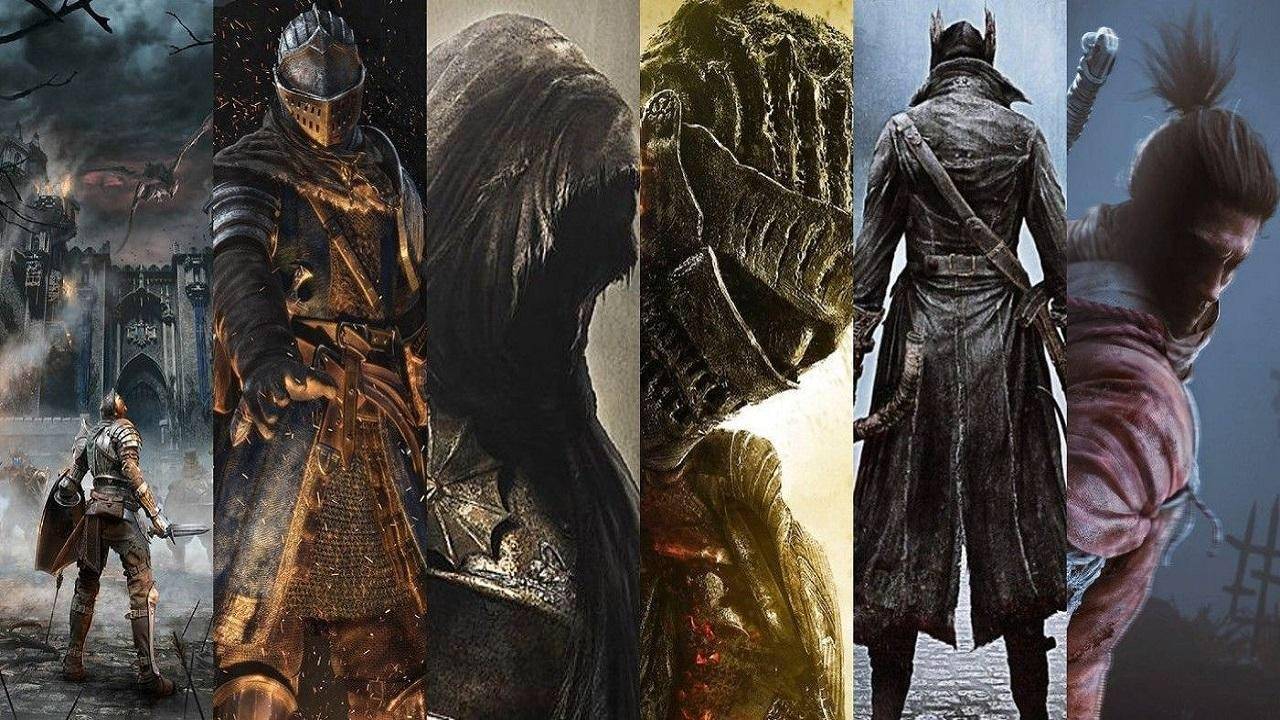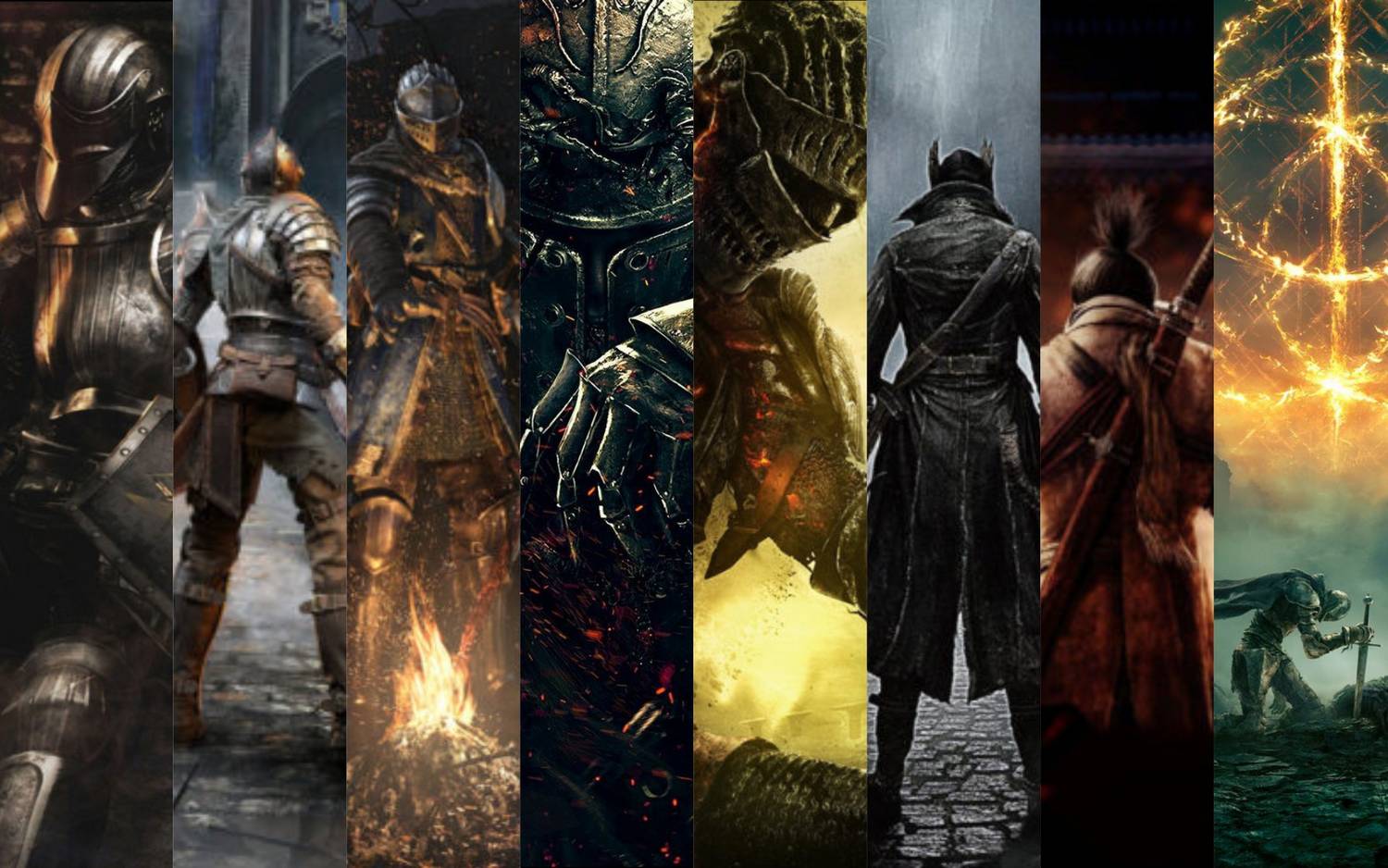Beyond the Bonfire: The Real Problem with Soulslikes Is Not What You Think
Popular Now
 Roblox
Roblox
 Geometry Dash
Geometry Dash
 Free Fire
Free Fire
 CarX Street
CarX Street
 Stumble Guys
Stumble Guys
 Counter-Strike 2
Counter-Strike 2
 Auto X Drift Racing 3
Auto X Drift Racing 3
 NBA 2K24
NBA 2K24
 EA SPORT FC 25
EA SPORT FC 25
 Brawl Stars
Brawl Stars 
The term “Soulslike” is everywhere. From blockbuster triple-A titles like Elden Ring to indie gems like Lies of P, it has become the ubiquitous descriptor for any game that features a high difficulty, a stamina-based combat system, and a punishing death mechanic. However, the gaming industry has a Soulslike problem, and it’s not the one you’ve heard about. It’s not a matter of oversaturation, as many argue, but a crisis of a flawed and often-misapplied label that is stifling innovation, creating a false sense of sameness, and making it harder for developers to market their unique creations. The issue lies not with the games themselves, but with a community that has become too reliant on a single, narrow definition of what a challenging game should be.
 The Misuse of a Moniker
The Misuse of a Moniker
The core issue is that the term “Soulslike” has become a lazy shorthand for a variety of gameplay mechanics that are not unique to FromSoftware’s titles. As Eurogamer’s recent analysis points out, if a game features a stamina bar, a dodge button, or challenging melee combat, it is immediately slapped with the Soulslike label. The problem, as developers are quick to point out, is that these are elements that have existed in gaming for decades. The producer of the upcoming Silent Hill f, Motoi Okamoto, has had to push back against the Soulslike comparisons, pointing out that its melee combat and stamina system are a direct evolution of mechanics from older Silent Hill games, not an imitation of Dark Souls.
This mislabeling is a serious problem for developers. If a game is tagged as a “Soulslike,” it automatically invites direct comparison to Elden Ring, Bloodborne, and the Dark Souls trilogy. For a smaller studio, that’s an impossible standard to live up to. A game that is simply a fun, fast-paced action RPG with a challenging boss or two will be unfairly judged and criticized for not having the intricate lore, the interconnected world design, or the specific death penalties that define a true Soulslike. This leads to a vicious cycle where developers either try to imitate the FromSoftware formula too closely, resulting in derivative “copycat” games, or they are unfairly punished by a community that refuses to judge their game on its own merits.
Stifling Innovation and Creativity
The reliance on the Soulslike label is also actively stifling creativity. FromSoftware itself has constantly challenged its own genre conventions, with games like Sekiro: Shadows Die Twice (which removed most RPG elements in favor of a new, rhythm-based parry system) and the open-world design of Elden Ring. Yet, when a new game attempts to innovate on the formula, it is often met with resistance. Developers are forced to either adhere to a rigid checklist of mechanics—a bonfire-style checkpoint system, a death penalty, an ambiguous narrative—or they risk alienating a portion of the fanbase. For a studio, that’s a difficult choice: do you create something new and unique, or do you stick to a proven formula that is guaranteed to sell?
The industry’s focus on this singular, narrow definition of a “hard” game is creating a lack of diversity in the market. As one Redditor argued, it’s not that the genre is oversaturated, it’s that it’s being pumped out without any meaningful innovation. The real problem is not the sheer volume of these games but the lack of new ideas within them. This isn’t a Soulslike problem; it’s an industry problem, a broader trend of companies prioritizing safe, proven formulas over creative risks. The success of a game is no longer judged by its unique vision but by how closely it adheres to a pre-established template. This is bad for both developers and players, as it leads to a stagnant market and a sense of “been there, done that” with every new release.
Ultimately, the “Soulslike” problem is a problem of language and a failure to appreciate games for their individual identities. Until the industry and the community as a whole can move beyond this flawed label, the genre will continue to be held hostage by its own legacy. The solution isn’t to make fewer challenging games, but to celebrate the ones that dare to be different, to judge them not by what they’re “like,” but by what they are.









 The Misuse of a Moniker
The Misuse of a Moniker